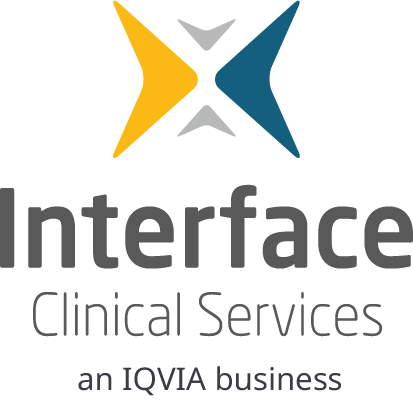QOF Disease Prevalence Coding Support
![]()
Our Clinical Pharmacists are now able to offer coding support across a number of QOF domains

Interface Clinical Services, which employs more than 70 clinical pharmacists, runs numerous medications reviews aimed at reducing polypharmacy across the UK. A recent NHS scheme offering cash-incentives to GPs who successfully reduce polypharmacy was criticised for prioritising cost savings over patient care, as well as increasing the workload of already over-burdened GPs[i].
A recent pharmacist-led review into hyperpolypharmacy (the use of more than ten medications) at a single GP practice assessed over 1,800 patients aged over 75 and found that on average each patient had 13.93 GP consultations in the past 12 months, and were prescribed an average of 6.17 medicines. This includes, 364 instances of obsolete therapies, 199 instances where drugs were not taken as recommended, and 39 instances of side effects or an adverse drug reaction.
As a result of the review, 640 medications were stopped, 121 issues were identified and sent to the GP for further review, and 89 items had their dose reduced. It is estimated that the medications interventions alone resulted in over £18,000 in savings to the NHS. The overall saving from the review, including prevented hospital admissions, was estimated at over £125,000.
Polypharmacy is usually defined as patients using five or more medicines at once. This becomes increasingly likely in older patients, as they are likely to be managing multiple long-term conditions. People aged 65 or over account for one in six of the population, but one in two hospital beds[ii]. Four out of five people aged 75 or over take at least one prescribed medication, and patients on multiple medications are more likely to suffer drug side effects and adverse reactions. Adverse reactions and side effects from drugs account for between 5% and 17% of all hospital admissions[iii]. A person taking 10 or more medications is 300% more likely to be admitted to hospital[iv].
Using clinical pharmacists to carry out medications reviews aimed at reducing polypharmacy has been found to be both efficient and cost-effective. Clinical pharmacists are able to accurately identify inappropriate polypharmacy during a clinical audit by reviewing a practice’s patient records. Common reasons for inappropriate polypharmacy include:
Polypharmacy reviews reduce the cost of medicines prescribed, as well as of wasted medicines. In addition, patients taking fewer medicines usually require less contact with healthcare professionals, reducing the burden on GPs and secondary care.
Interface Clinical Services currently have numerous polypharmacy reviews ongoing across the UK, and will shortly be completing a pilot project across four surgeries in collaboration with NHS South Devon and Torbay Clinical Commissioning Group.
![]()
Our Clinical Pharmacists are now able to offer coding support across a number of QOF domains